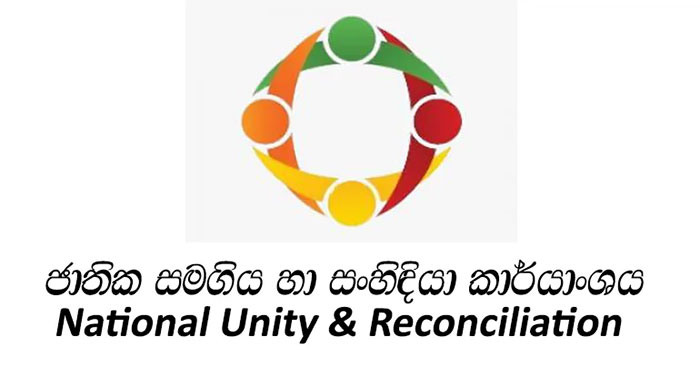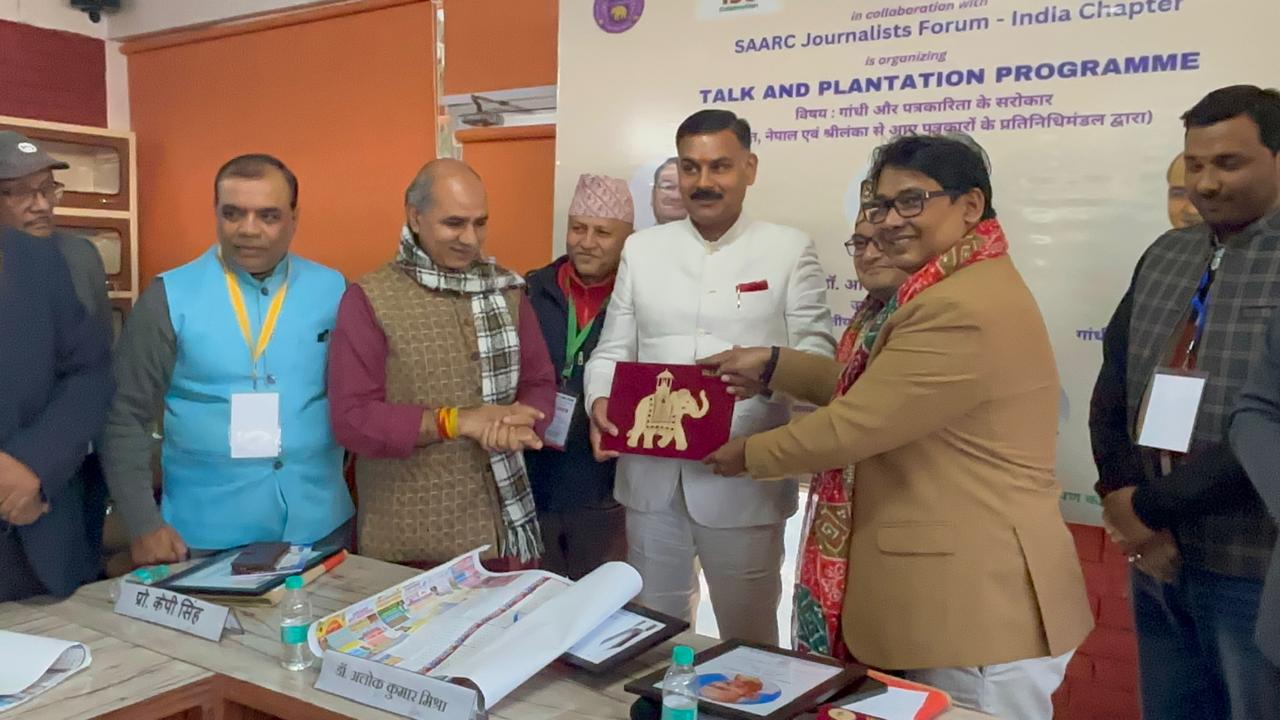News
Some civil society groups not happy with ONUR law, want further consultations

A group of civil society groups has asked the government to consult all stakeholders, both in and outside Parliament, before the enactment of the ONUR (Office for National Unity and Reconciliation) law.
The following is the text of a statement issued by the grouping: “This week the government will be taking up the ONUR (Office for National Unity and Reconciliation) Bill for debate after which it will be enacted as law. The Bill proposes to establish an Office for National Unity and Reconciliation in order to assure to every citizen equal opportunities in the economic, social, cultural and political spheres. At the same time, the new institution will have the purpose of safeguarding identity and building an inclusive society in which diversity will be respected and all communities will coexist in harmony and unity.
The commendable objectives outlined in the ONUR Bill, such as promoting national unity and peaceful coexistence, require dialogue and negotiation among representatives of diverse communities in Sri Lanka, both in civil and political societies. Unfortunately, the potential importance of this new institution appears to be under-estimated by the government, its policymakers and the law’s drafters as there has been little or no effort to engage in public discussion on it or to educate the general public about the need for it.
We, the undersigned, have three major concerns which we outline. First, we believe that the composition of the decision-making board of ONUR will be crucial to the success of the institution and its work. We note that Appointments to the ONUR Board would be appointments by the Minister under whose purview the institution comes. The Minister is empowered to recommend the appointment of 11 members who will have terms of three years, while the chairperson has no time limit, which is inadvisable. We urge a more multi-partisan method of appointments to ensure that those appointed represent the diversity of ethnic and religious groups and socio-cultural interests.
Second, as ONUR is expected to play a central role in the national reconciliation process that brings together all the independent reconciliation mechanisms we propose that appointments to the ONUR board should include ex-officio representatives from the Office of Missing Persons, Office of Reparations, NGO Secretariat and the Truth, Unity and Reconciliation Commission which is soon to be established. This will ensure that all the reconciliation institutions share a common vision and are informed of the work that is being done by each of them. There is also a need to ensure representation from civil society to ensure that the perspectives of affected communities and victims are considered and acted upon.
Third, we are concerned about the role given to ONUR to be prescriptive vis-a-vis civil society by virtue of the power “to guide and facilitate peace and reconciliation programmes conducted by local organisations including community based organisations.” This authority to monitor and review the work of civil society raises concerns about the prospect of government heavy-handedness in the context of the possible politicization for narrow and partisan purposes of national reconciliation policy and actions. The new law needs to be clear that the government will not direct civil society to follow its guidelines, but can “assist and facilitate” them to do so.
National reconciliation cannot be enforced from the top down. It needs to be a voluntary process involving all ethnic and religious communities. There is a need to draw civil society and elected political representatives into the discussion about the new institution. Prior to the passage of the new law, we urge the government to engage with opposition political parties, particularly those representing minority ethnic and religious communities, as well as civil society, to establish a multi-partisan consensus, encompassing pluralistic values on the path to make this a true reconciliation process for national unity.”
The signatories were Ihsaan A. Hameed, National President, All Ceylon YMMA Conference , D.M. Nimal Dissanayake, Coordinator, Anuradhapura District Citizens Committee, Sachitha N. Hewage, Chairman, ASIA LANKA Social Development Co-operation (ALSDC), Visaka Dharmadasa, Chairperson, Association of War Affected Women (AWAW), Dr Joe William, Director, Centre for Communication Training (CCT), Mohamed Buhary, Executive Director, Eastern Social Development Foundation (ESDF), Amar Gunatilleke, Executive Vice Chairman, Marga Institute, G.V.D. Tilakasiri, President, Free Trade Union Development Centre (FTUDC), Anthony Vinoth, Executive Director, Human Rights Hub, Fr. Nandana Manatungea, Director, Human Rights Office (HRO), Sakunthala Kadirgamar, Executive Director, Law & Society Trust (LST), B.W.Gunasekara, National Ethnic Unity Foundation (NEUF), Dr. Jehan Perera, Executive Director, National Peace Council (NPC), Michael Joachim, Executive Director, Plantation Rural Education Development Organisation (PREDO), Philip Dissanayake, Executive Director, Right to Life (R2L), Niroshan Ekanayaka, Executive Director, SAMADANA, Nawaz Mohammed, Country Director, Search for Common Ground (SFCG), Aashiq Alabdeen, Chief Executive Officer, Serving Humanity Foundation and Nadesan Suresh, Executive Director, Uva Shakthi Foundation (USF).
News
SAARC journalists meet in New Delhi

Members of the South Asian Journalists Forum have gathered at the University of New Delhi for a two day conference themed ‘Peace and Co-operation’.
Journalists from Bangladesh, Nepal, Sri Lanka and India are attending the conference hosted by the University of Delhi in collaboration with the India Chapter of SJF, and will deliberate on how the media can act as a catalyst for regional stability and mutual coexsistence.
A tree plantation campaign was also held at the Ghandi Bhawan premises of the University to mark the event and symbolize growing regional ties.
The Sri Lanka delegation is led by President of SJF’s Sri Lanka Chapter Rahul Samantha Hettiarachchi.
News
Governor of Gujarat met with Sri Lanka PM to discuss exposition of Devnimori Relics

The Governor of the of Gujarat, Acharya Devvrat, along with the Deputy Chief Minister of Gujarat, Harsh Sanghvi, met with Prime Minister Dr. Harini Amarasuriya on Thursdy [February 05] at the Parliamentary Complex to discuss the arrangements related to the exposition of the Devnimori Sacred Relics of Lord Buddha, which have been brought to Sri Lanka under the patronage of Indian Prime Minister Narendra Modi and the Government of India.
These sacred relics of Lord Buddha were discovered during archaeological excavations conducted in the 1960s at the historic Devnimori site in Gujarat, the home state of Indian Prime Minister Narendra Modi. Until now, these relics had never been taken outside India. As a result of discussions held between President Anura Kumara Dissanayake and Indian Prime Minister Narendra Modi during his recent visit to Sri Lanka, the people of Sri Lanka have been granted this rare opportunity to venerate these sacred relics.
The exposition of the relics is being held for a period of seven days, from February 05 to February 11, at the Gangaramaya Temple in Hunupitiya, Colombo. Discussions were held between both parties regarding the arrangements related to this event.
The discussion was attended by Samar Nanda, Joint Secretary of the Indian Ministry of Culture; Dr. Satyanjal Pandey, Acting High Commissioner of India in Sri Lanka; Abhijit Halder, Director General of the International Buddhist Confederation; along with several others.
[Prime Minister’s Media Division]
News
INS GHARIAL makes port call in Colombo

The Indian Naval Ship (INS) GHARIAL made a port call in Colombo for operational turnarounds on 04 Feb 26. The Sri Lanka Navy welcomed the visiting ship in compliance with naval traditions.
Commanded by Commander Gaurav Tewari, INS GHARIAL is a vessel with a length of 124.8 meters.
During this visit, ten (10) Bailey Bridges, brought by ship, through the coordination of the High Commission of India in Sri Lanka, will be handed over to the Disaster Management Center. These bridges will provide temporary transportation links while bridges damaged across the island by adverse weather conditions are repaired.
The crew’s itinerary features scheduled goodwill activities with the Sri Lanka Navy, alongside visits to several tourist attractions across the island.
-

 Business7 days ago
Business7 days agoHayleys Mobility ushering in a new era of premium sustainable mobility
-

 Business4 days ago
Business4 days agoSLIM-Kantar People’s Awards 2026 to recognise Sri Lanka’s most trusted brands and personalities
-

 Business7 days ago
Business7 days agoAdvice Lab unveils new 13,000+ sqft office, marking major expansion in financial services BPO to Australia
-

 Business7 days ago
Business7 days agoArpico NextGen Mattress gains recognition for innovation
-

 Business6 days ago
Business6 days agoAltair issues over 100+ title deeds post ownership change
-

 Editorial7 days ago
Editorial7 days agoGovt. provoking TUs
-

 Business6 days ago
Business6 days agoSri Lanka opens first country pavilion at London exhibition
-

 Business5 days ago
Business5 days agoAll set for Global Synergy Awards 2026 at Waters Edge













